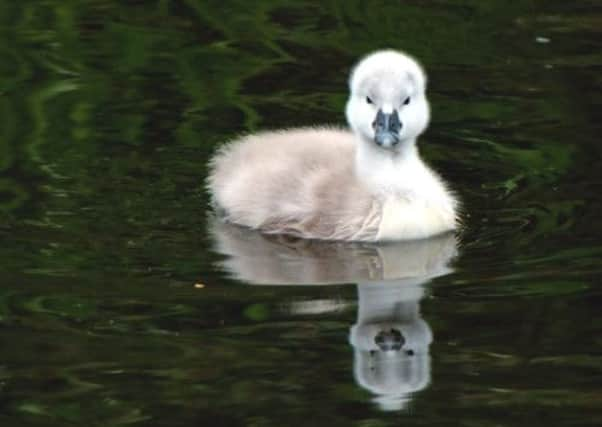Number of injured cygnets doubles in year - SSPCA


The Scottish SPCA has reported a 100 per cent increase in the number of young swans requiring its aid this year, compared to 2012.
The charity is currently caring for 43 mute swan cygnets - double the number it cared for during the same time last year - and has rescued a total of 127 swans since January, 70 of which have been juveniles.
Advertisement
Hide AdAdvertisement
Hide AdAll of the swans and cygnets are cared for at the Scottish SPCA’s National Wildlife Rescue Centre at Fishcross, near Alloa, until they are fully fit and able to be returned to the wild.
Colin Seddon, the centre’s manager, said: “There isn’t one single reason for the increase although we do feel that more people than ever now know to contact us, rather than the RSPCA or the RSPB, if they see a wild animal in distress.
“Some of the cygnets have been found wandering on roads and car parks while others have been attacked by animals, such as dogs, or have been chased off ponds by more dominant swans.”
He explained: “They are very territorial creatures and sadly competition for nesting and breeding sites is fierce. A number of the cygnets have come in as orphans, some less than one week old. We keep them in small groups as they are a flock animal and feel safer in a crowd.
“Initially they are kept away from water and under a heat lamp for warmth but when they are able to go onto water we give them access to a shallow pool at first, followed by a deeper indoor pool and then finally they go into our outdoor paddocks where they remain with other cygnets and adult swans until all their flight feathers have come in.”
Mr Seddon added: “We release cygnets at the time when they are normally dispersing from their parents and at sites where food is provided to help them through their first winter. These are sites already frequented by wild-reared swans of all ages so it’s a great introduction for them.”